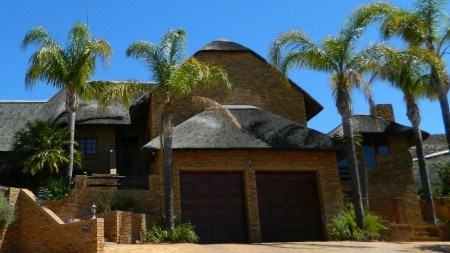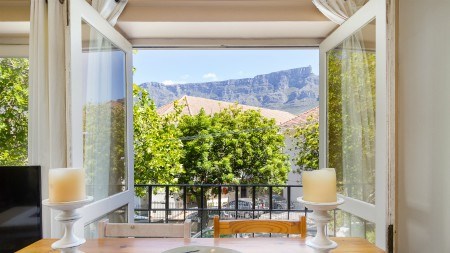Boom in Northern Cape’s house price growth boosted by commodity rebound and infrastructural improvements.
House prices in the Northern Cape are reflecting robust growth as the demand for residential accommodation outstrips supply. With a mining revival – and commodity rebound, declining unemployment, meaningful expansion of medical facilities and shopping malls, increased investment in manufacturing and construction of a new university well under way, the capital city of Kimberley’s economic outlook is extremely positive, which augurs well for the continued growth of the residential property market in this region. So says Val Spathelf, area principal in the Namaqualand area of Springbok and Kimberley in the Diamond Fields, who adds: “During 2017 house prices in the Northern Province surged to 20%, according to the Pam Golding Residential Property Index.
“Mining activity has had a major impact on the province’s economy. The recovery in national mining production since late-2016 seems to be fuelling higher levels of economic activity in the Northern Cape, providing a solid underpinning for house prices in the region.” The province’s rental market is also feeling the positive effects of the national recovery in mining production. With average growth in 2017, this is home to the second strongest rental market in South Africa, according to PayProp.
Says Spathelf: “Helping fuel the property market in the region is a strong demand from BBBEE-compliant companies which are awarded government contracts, requiring commercial property to lease. “Towns in Namaqualand such as Springbok and Pofadder are set to benefit from an increased demand for residential rental accommodation from employees and business partners as a result of the new Gamsberg open-pit zinc mine about 30km from Aggeneys en route to Pofadder, a project set for start-up in mid-2018. With a capital investment of some $400 million, this is reported to be the largest mining project under way in South Africa. As this is situated in the ecologically sensitive Succulent Namaqua Karoo Biome, a critical component is the mine’s biodiversity drive.”
Situated halfway to Windhoek from Cape Town, the Namaqualand’s economic, tourism and farming hub of Springbok recently saw the construction of a new 87-room hotel and the Namakwa Plaza. A further positive for the region is a proposed wind farm on the N14 - 42km from Springbok in the Boesmanland area, which will further boost the demand for residential rentals.
Spathelf says sales in the Northern Cape’s capital city of Kimberley are picking up, with about 90 homes a month changing hands across the entire market, of which about 65% comprises mainly cash buyers. New projects in the pipeline include a 90-unit townhouse residential development, to cater for the ever-increasing demand for housing. Says Spathelf: “Significant infrastructural and other investment in the city spans several sectors, including health, mining, agriculture, manufacturing, retail – major shopping mall expansion, as well as ongoing expansion of the Sol Plaatje University, all of which impact positively on the demand for housing both to buy and to rent.
“Of further relevance to home buyers are new private schools, including a Curro School, which are on the cards, while the recently opened R400 million Lenmed Royal Hospital and Heart Centre is attracting new medical staff who in turn, seek residential accommodation.”




